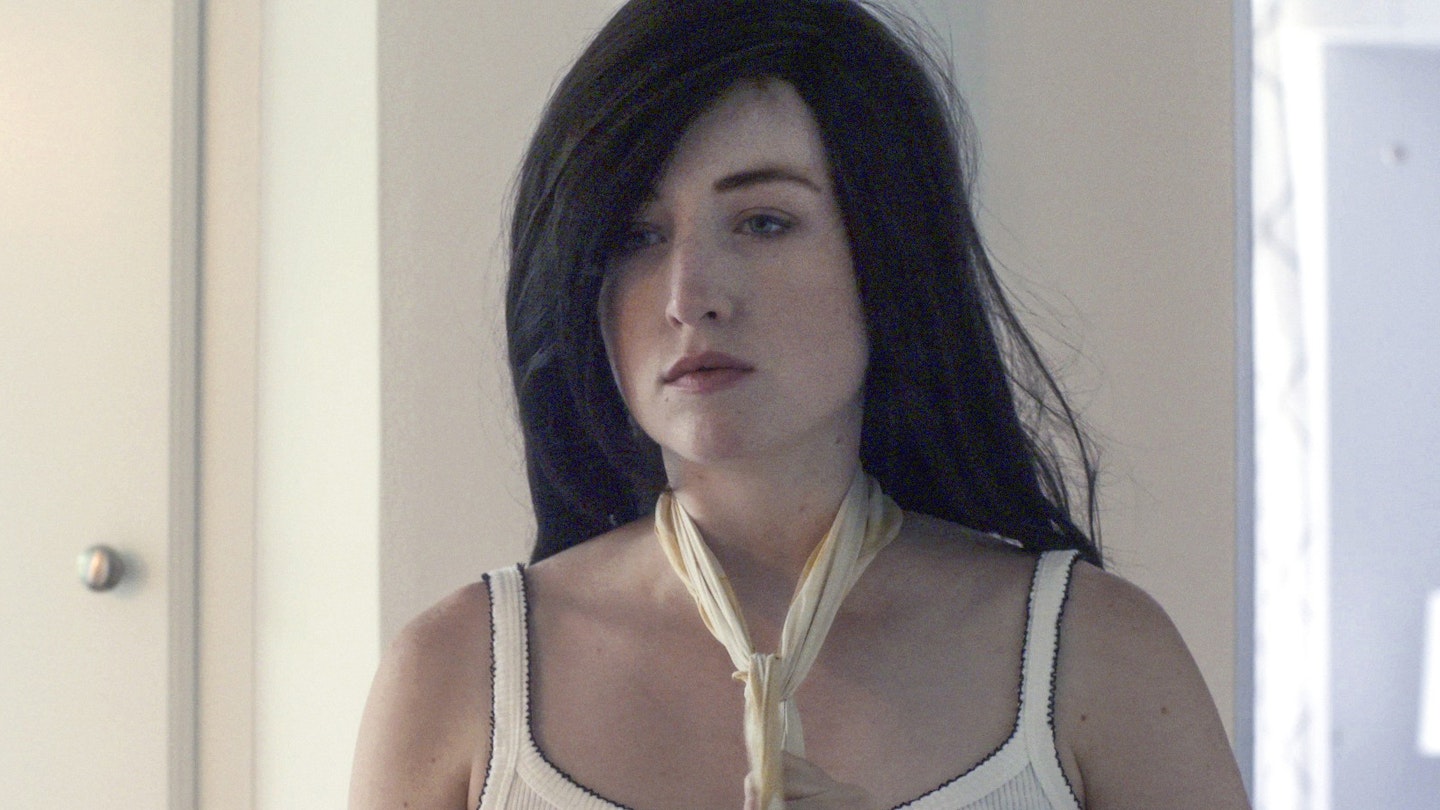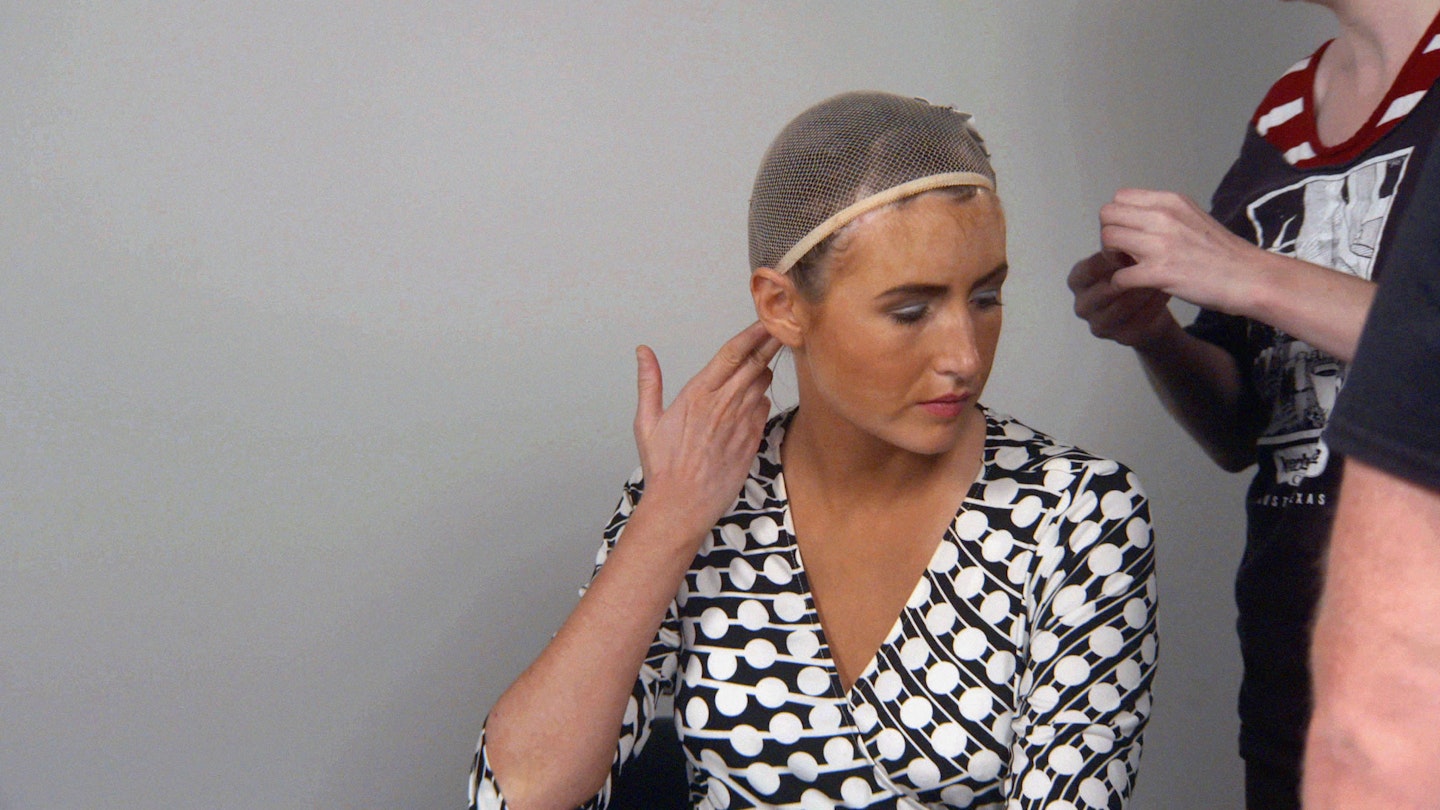Aware that the phenomenon is contagious, the Samaritans offer guidance on how suicide should be handled in the media. The charity explicitly advises against reporting on the method used or simplifying the motives behind an individual act. Even using the term ‘committing suicide' is warned against, should it give the illusion that self-murder is some kind of rational choice.
This glib documentary would probably give the people who framed those infinitely sensible guidelines a conniption. It'd be a grossly irresponsible piece of work if it was seen by more than a likely handful of audiences, and without some occasionally interesting views on a professional at work, it would find itself consigned to one-star obloquy.
Indie darling Kate Lyn Sheil – you’ve most likely seen her in You're Next or House Of Cards – appears as herself. Well, ‘herself’ and Christine Chubbuck, a deeply depressed journalist who took her own life on live television in 1974 Florida. The ostensible thrust is Sheil’s goal to play Chubbuck in a nebulous ‘project’ which eventually manifests in badly written, poorly shot and deliberately amateurish scenes that appear in a second half that present the moments before her death in full crass-o-vision.

A real tragedy is used to provide flimsy scaffolding for a rickety argument over the ethics of presentation.
The first half, which shows the details Sheil selects from Chubbuck’s biography, environment, family and lifestyle to build her characterisation, is genuinely interesting. Sheil is no joke as an actress, but why put the work in when the film is constructed to be a document of its own making? An interesting potential DVD extra becomes the main attraction as the film’s subject shrinks into the background. We're left with Sheil’s anxieties over the ethics of playing her at all.
The fact that many of these anxieties are clearly performed, and how we gradually move from life into ever more constructed realities, suggests a film meant for theoreticians rather than anyone interested in either acting or mental health. A real tragedy is used to provide flimsy scaffolding for a rickety argument over the ethics of presentation – when this film doesn’t seem to realise its academic pretensions don’t cover its own exploitative spirit.
